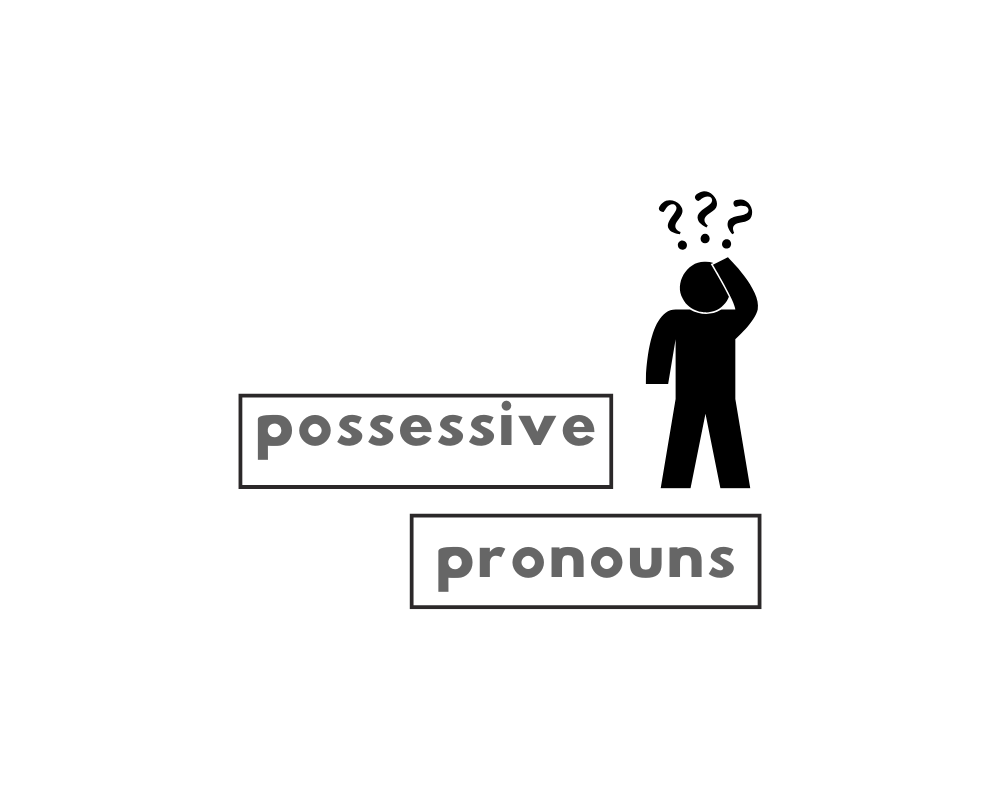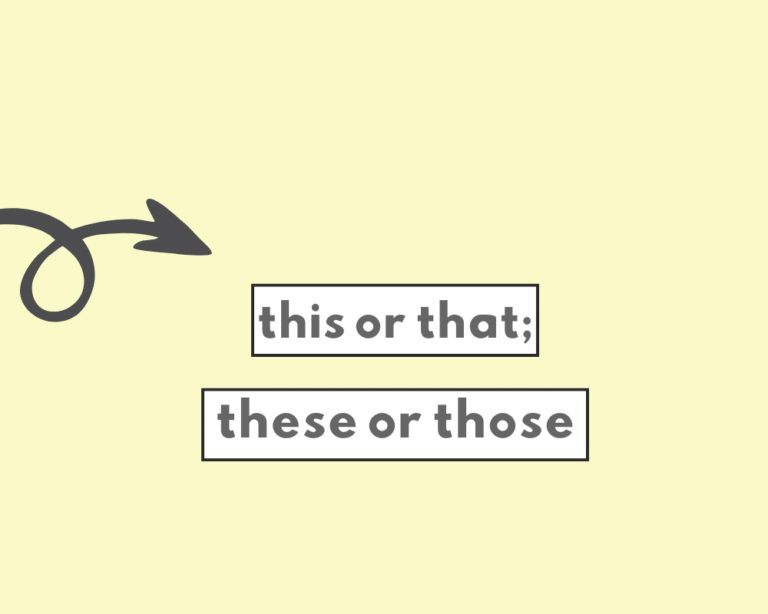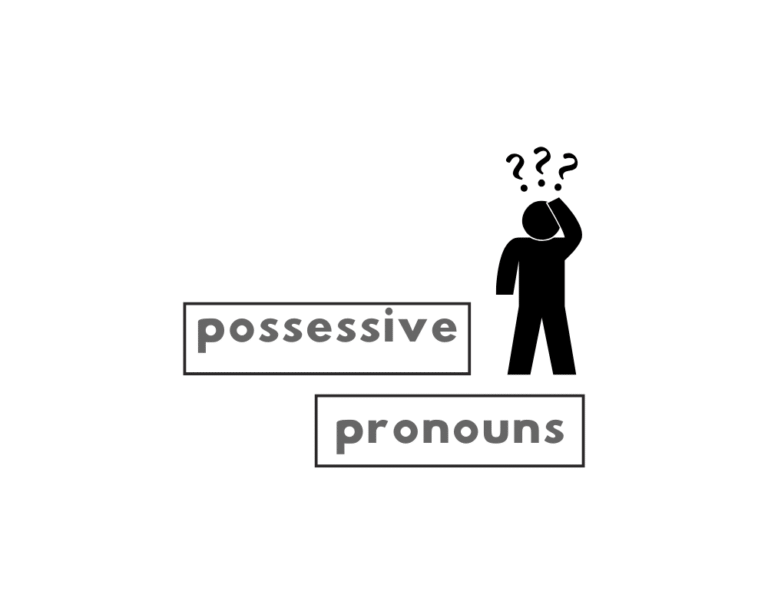Compare these sentences:
- Your MacBook is better than my MacBook.
- Your MacBook is better than mine.
What's the difference? 'Your MacBook is better than my MacBook' works as a sentence, but it could be better. We already know the subject, i.e., the MacBook, so repeating it isn't necessary.
Possessive pronouns (vs. possessive adjectives)
Here's another example:
- Possessive adjective: This is your research.
- Possessive pronoun: The research is yours.
The possessive pronouns and adjectives both indicate possession or ownership. However, notice how the possessive adjectives appear directly before a noun or pronoun. By contrast, observe how the possessive pronouns replace the nouns entirely, and appear at the end of the sentence.
Yours, mine, ours (possessive pronouns)
There are seven poss. pronouns altogether: mine, ours, yours, his, hers, its, and theirs.
- Those sweatpants are hers.
- No stepmother was worse than theirs.
There are seven possessive adjectives: are, my, our, your, his, her, its, and their.
- My car is red.
- Your phone is ringing.
- His name is John.
- Her bag is new.
- Our house is big.
- Their dog is friendly.
- Its tail is fluffy.
Possessive adjectives always come before the nouns they modify in a sentence. (They don’t stand alone.)
Types of adjectives and pronouns
| Types of pronouns | Examples |
|---|---|
| 1. personal | I, you, he, she, it, we, they |
| 2. possessive | mine, yours, his, hers, its, ours, theirs |
| 3. relative | who, whom, whose, which, that |
| 4. reflexive | myself, yourself, himself, herself, itself, ourselves |
| 5. indefinite | someone, anyone, everyone, nobody |
| 6. demonstrative | this, that, these, those |
| 7. interrogative | who, whom, which, what |
| 8. intensive | myself, yourself, himself, herself, itself |
| Types of adjectives | Examples |
|---|---|
| 1. proper | French, Shakesperean, Japanese |
| 2. descriptive | pleasant, smart, shorter, most intelligent |
| 3. demonstrative | this, that, these, those |
| 4. possessive | my, your, his, her, its, our, their |
| 5. interrogative | which, what, whose |
| 6. quantitative | some, a lot, two, several, whole, first |
| 7. numeral | one, two, five, ten, first, second, third |
| 8. compound | absent-minded, happy-go-lucky, two-year-old, well-known, open-minded, French-speaking |










